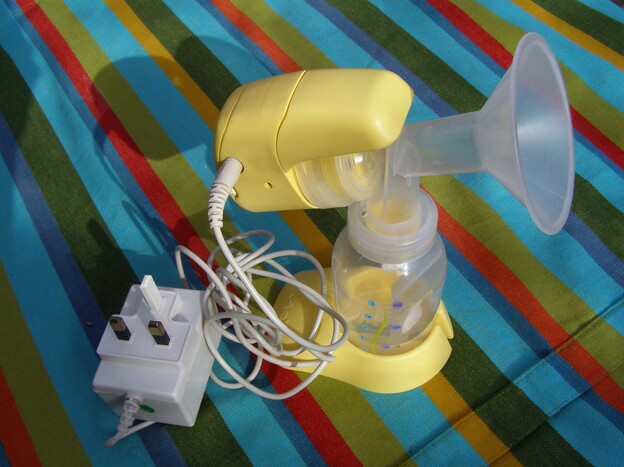mickeyd
Give me a museum and I'll fill it. (Picasso) Give me a forum ...
Not sure how a free breast pump will make new moms more healthy. But it will make Yummy Mummy have a better bottom line. My Q is~Can it be converted/adapted for male use?

Jim Champion/Flickr
Free Breast Pumps And The Cost Of Health Care : Planet Money : NPR

Jim Champion/Flickr
Health insurance plans now have to cover the full cost of breast pumps for nursing mothers. This is the result of a provision in the Affordable Care Act (aka Obamacare), and the new rule took effect for many people at the start of this year.
It's led to a boom in the sale of the pumps, which can cost hundreds of dollars.
Yummy Mummy, a little boutique on New York's Upper East Side, has suddenly become a health care provider/online superstore. The company has been hiring like crazy, and just opened an online call center and a warehouse in Illinois. Yummy Mummy even hired somebody to talk to customers' health insurance companies.
Free Breast Pumps And The Cost Of Health Care : Planet Money : NPR
